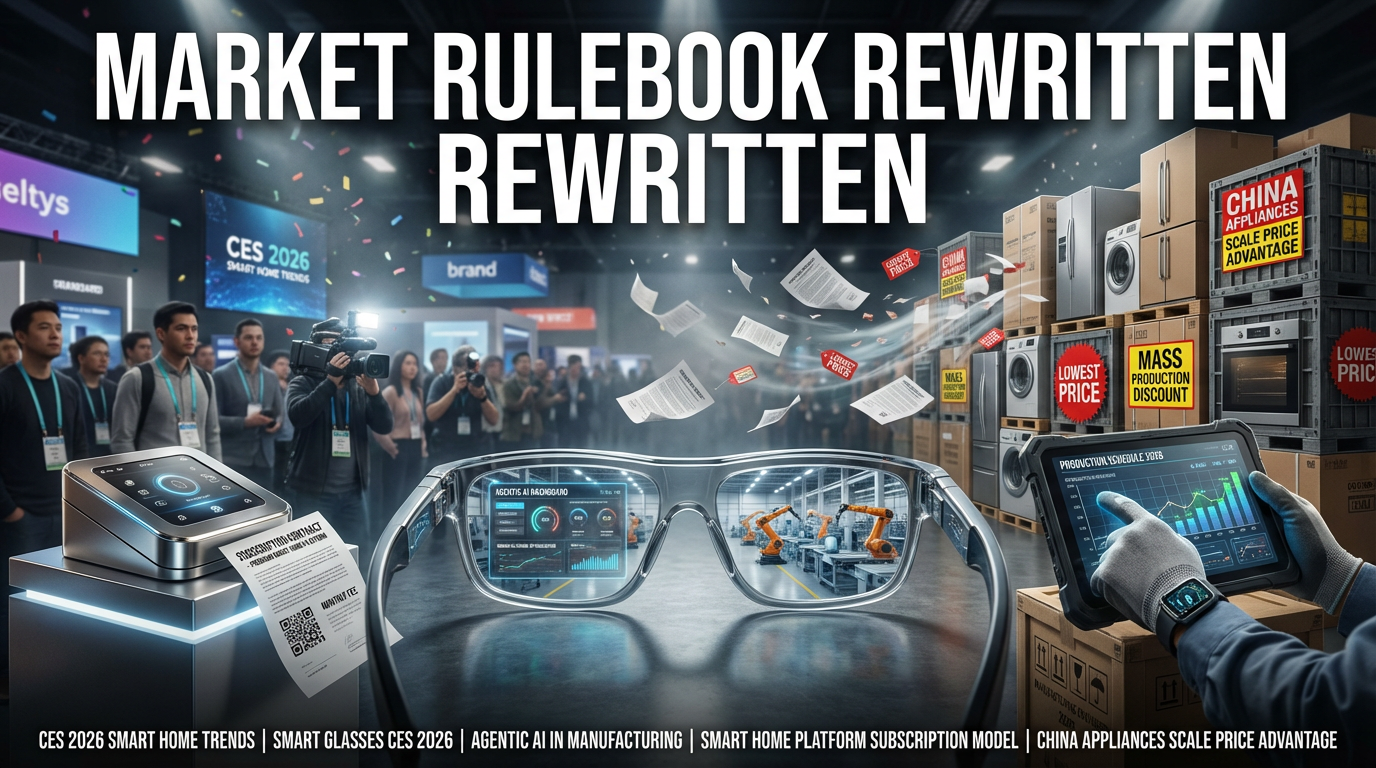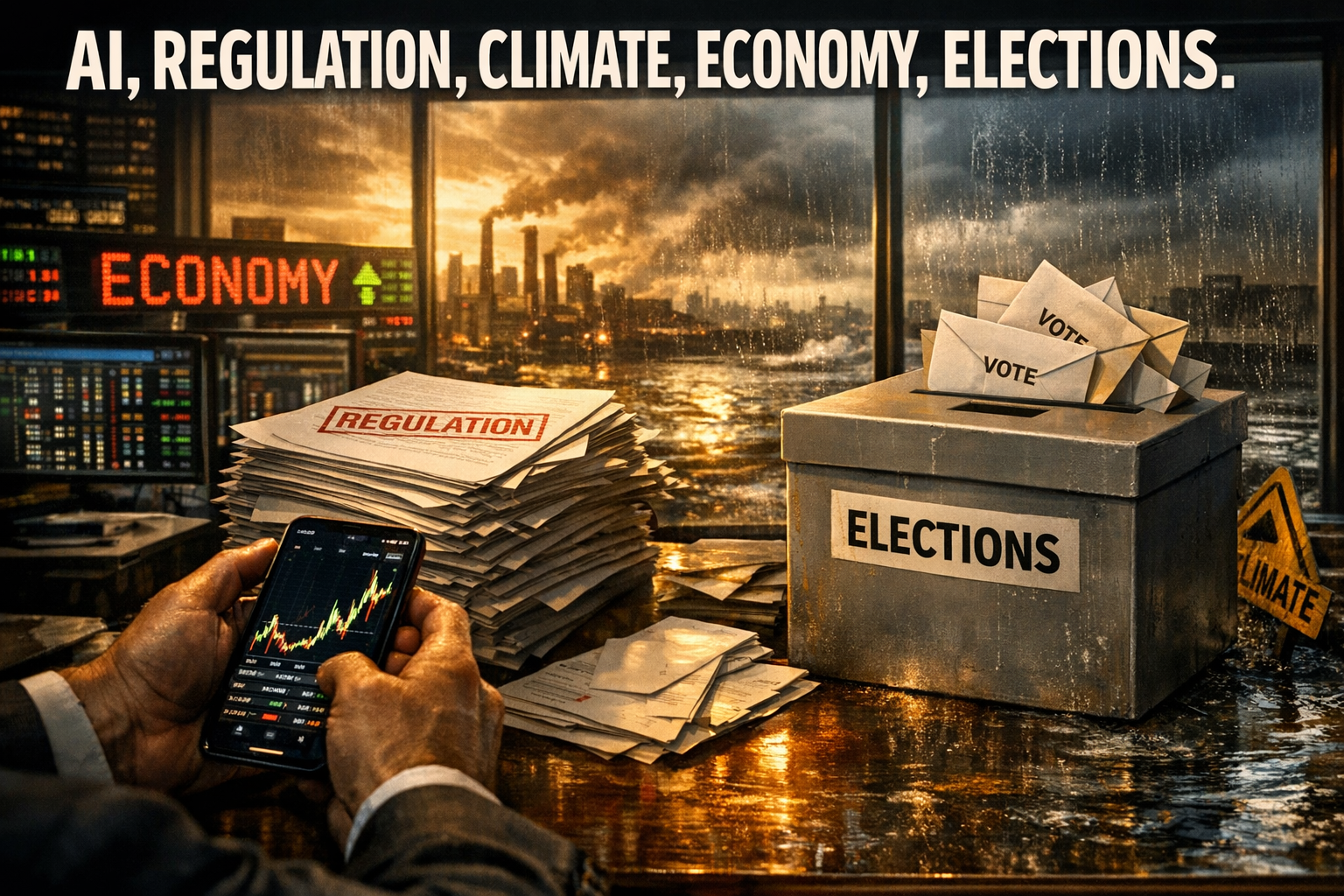Regression to the Mean: Why Isn't it a Given?
-
Interest Rates and Inflation
- Just because low interest rates prevailed in the past, there's no guarantee they'll return to those levels.
- The expectation that inflation will fall below 2% might also be an overly ambitious benchmark.
- Regression to the mean isn't always a given; the economy can experience unexpected volatility.
-
Exchange Rates
- Even if the exchange rate climbs to ₩1,500, there's no guarantee it will revert to previous levels around ₩1,000.
- Exchange rates fluctuate based on various factors (trade, international interest rate differences, forex supply and demand, etc.), so "returning to previous levels" isn't a fixed rule.
Investor Sentiment and the Stock Market
-
S&P 500 and Regression to the Mean
- While the S&P 500 has a long-term upward trend, recent excessive gains imply potential for short-term correction.
- Because investors enter the market believing it will "revert to the mean," many expect a correction in 2025.
- However, psychological fear and exaggerated negative news from the media are likely to intensify stock price volatility.
-
What is Priced-in?
- Priced-in: The psychology of investors anticipating future good or bad performance and acting accordingly now.
- In bull markets, greed is priced-in; in bear markets, fear is priced-in.
- In this process, the media and news play a role in amplifying sentiment, and the market reacts sensitively to this.
Epidemics and Resulting Market Volatility
-
Economic Impact of Epidemics
- The recent rapid spread of metapneumovirus (HMPV) along with the flu in China is concerning.
- News of epidemics is reminiscent of the fear during the COVID-19 pandemic and could influence market sentiment.
- However, if the fatality rate of an epidemic is low, the market is likely to react less sensitively.
-
Situation in China and Korea
- Although epidemic-related news from China is amplified through social media and the press, precise figures have yet to be released.
- Korea is moving towards allowing visa-free entry for Chinese group tourists, which could present another risk.
-
Climate Change and Virus Threats
- Rising global temperatures are likely to increase the incidence of epidemics. Every 1-degree increase amplifies epidemic spread by approximately 4.7%.
- As permafrost melts, viruses that existed thousands of years ago may reappear, and humanity may be unprepared for them.
- Like the Black Death in the past, new epidemics can have catastrophic consequences.
Important Considerations for Stock Investing
-
Avoid Excessive Fear
- Be mindful that the market can react excessively psychologically, but fact-checking should be a priority.
- It could be a different scenario from COVID, and it's important to understand that government and business preparedness has also improved.
-
The Importance of Media and Psychology
- Because the media often instigates fear or provides exaggerated information, there's a need to analyze the content of news objectively.
- Analyzing media traffic well can provide clues for seizing investment opportunities.
- Crafted by Billy Yang
[Related Articles at NextLens.Net]
- Understanding the Cycle of Epidemics and Stock Prices
- How to Invest in a Down Market Created by Psychological Factors
*YouTube Source: [Jun’s economy lab]
– 일반 독감이 아니다? 중국서 퍼지는 HMPV바이러스 공포, 증시에 영향줄까?

1. US-China Taiwan Conflict: Surface Understanding
-
Taiwan Unification Issue: China has expressed its ambition to unify Taiwan by 2027.
-
US Intervention: It is highly unlikely that the US would easily relinquish Taiwan's technological dominance (TSMC). The strategic value of TSMC's semiconductor technology is central to this issue.
-
Possibility of Demolition?: In a worst-case scenario, reports suggest that the US is even considering eliminating TSMC's major infrastructure. If this were to materialize, it could cause a major shock to the global semiconductor supply chain.
2. South Korea's Geopolitical Role and Challenges
-
Pressure to Increase Defense Cost Sharing: As the US-China conflict escalates, South Korea may face greater pressure regarding the cost-sharing of US Forces Korea.
-
Economic Dependence Issue: Currently, South Korea has high export dependence on both China and the US. This makes South Korea highly vulnerable to the impact of a full-blown US-China conflict.
-
Vulnerability in Material and Parts Supply Chains: It is urgent to find alternatives to materials (rare earth, lithium, etc.) that South Korea heavily relies on from China. While simple short-term replacements are difficult, diversifying the supply chain is emerging as a key factor.
3. Proposed Future Strategies for South Korea
(1) Need for Export Diversification
- Diversification beyond current major export countries (US and China) to markets in Europe, Southeast Asia, and the Middle East is essential.
- For example, strategies to secure alternative markets in major industries such as semiconductors and electric vehicle batteries are needed.
(2) Stabilization of Material Supply Chains
- In the mid-to-long term, a multi-faceted strategy for building supply chains, particularly for essential resources including rare earth, is required.
- South Korea must strive to secure resources through cooperation with regions outside of China (e.g., Australia, Canada).
(3) Enhancement of Political Stability and Business Support
- Domestic political instability and opaque regulations hinder business innovation.
- The creation of an innovative business environment and deregulation are crucial. In particular, future high-tech industries such as semiconductors and AI should be further protected.
4. Conclusion: South Korea's Survival and Advancement in the US-China Taiwan Conflict Era
- The US-China conflict and the Taiwan situation are not merely diplomatic issues, but are major tests for South Korea's economy and security.
- South Korea must focus on real responses centered on diversifying its export structure, material self-reliance, and political stability.
- It is imperative to prepare preemptively, bearing in mind that a major turning point could arrive around 2027.
- Crafted by Billy Yang
- [Related articles at NextLens.Net]
*YouTube Source: [경제 읽어주는 남자(김광석TV)]
– TSMC·반도체·요소·희토류… 중국-대만 관계, 변곡점이 곧 보인다 | 경읽남과 토론합시다 | 최양오 소장 3편

[Korean Summary]
[전인구경제연구소]
“일반 독감이 아니다? 중국서 퍼지는 HMPV바이러스 공포, 증시에 영향줄까?“
-
금리와 물가
- 과거에 저금리가 이어졌다고 해서, 무조건 다시 저금리로 돌아올 것이라는 보장은 없음.
- 물가가 2% 이하로 떨어질 것이라는 기대도 우리가 과도하게 설정한 기준일 수 있음.
- 평균으로의 회기가 항상 당연하지는 않으며, 경제는 예상치 못한 변동성을 가질 수 있음.
-
환율
- 환율이 1,500원까지 오르더라도, 이전 수준인 1,000원 대로 복귀할 거라는 보장은 없음.
- 환율은 다양한 요인(무역, 국제금리 차이, 외환 수급 등)에 따라 변동되기 때문에 "이전수준으로 복귀"란 고정된 법칙이 아님.
투자 심리와 주식 시장
-
S&P 500 및 평균으로의 회기
- S&P 500은 장기적으로 우상향 경향이 있지만, 최근의 과도한 상승은 단기적인 조정 가능성을 내포함.
- 투자자들은 "평균으로 돌아갈 것"이라는 믿음을 가지고 시장에 참여하기 때문에, 2025년에는 조정을 예상하는 투자자가 많음.
- 하지만 심리적인 공포와 미디어의 과장된 악재 확산이 주가의 변동성을 더 심화시킬 가능성이 높음.
-
선반영이란 무엇인가
- 선반영: 미래의 좋은 실적 또는 나쁜 실적을 미리 예상하고 지금 행동하는 투자자들의 심리.
- 상승장에서는 탐욕이 선반영을, 하락장에서는 공포가 선반영을 만들어냄.
- 이 과정에서 미디어와 뉴스가 심리를 증폭시키는 역할을 하며, 시장은 이에 민감하게 반응함.
전염병과 그로 인한 시장의 변동
-
전염병의 경제적 파장
- 최근 중국에서 발생한 메타뉴모바이러스(HMPV)가 독감과 함께 급속히 확산 중.
- 전염병 소식은 코로나 팬데믹 당시의 공포를 상기시키며 관련 뉴스가 시장 분위기에 영향을 줄 가능성이 큼.
- 다만 전염병의 치사율 수준이 낮다면, 시장은 덜 민감하게 반응할 가능성 높음.
-
중국과 한국의 상황
- 중국의 전염병 관련 뉴스가 SNS와 매체를 통해 확대되고 있지만, 정확한 수치는 아직 발표되지 않음.
- 한국은 중국 단체 관광객 무비자 입국을 허용하려는 움직임을 보이는데, 이는 또 다른 리스크로 대두될 수 있음.
-
기후 변화와 바이러스의 위협
- 지구 온도 상승이 전염병을 증가시키는 요인이 될 가능성이 큼. 1도 상승마다 전염병 확산이 약 4.7% 증가.
- 영구 동토가 녹으면 수천 년 전에 존재했던 바이러스가 다시 나타날 수 있으며, 인류는 이에 대해 무방비일 가능성 높음.
- 과거 흑사병 사례처럼 새로운 전염병은 치명적인 결과를 초래할 수 있음.
주식 투자의 유의점
-
너무 과도한 공포는 금물
- 시장이 심리적으로 과하게 반응할 가능성을 염두에 두되, 사실 확인이 우선되어야 함.
- 과거 코로나와는 다른 시나리오일 수 있으며, 정부 및 기업의 준비 상태도 개선되었음을 이해해야 함.
-
미디어와 심리의 중요성
- 미디어가 공포를 부추기거나 과장된 정보를 제공하는 경우가 많으므로, 뉴스 내용을 객관적으로 분석할 필요.
- 미디어 트래픽을 잘 분석하면 투자 기회를 잡을 수 있는 단서가 될 수 있음.
- Crafted by Billy Yang
[관련글 at NextLens.Net]
- 전염병과 주가 사이클 이해하기
- 심리적 요인이 만든 하락장에서 투자하는 법
*유튜브 출처: [Jun’s economy lab]
[경제 읽어주는 남자(김광석TV)]
“TSMC·반도체·요소·희토류… 중국-대만 관계, 변곡점이 곧 보인다 | 경읽남과 토론합시다 | 최양오 소장 3편“
—
1. 미중 대만 갈등: 표면적인 이해
-
대만 통합 문제: 중국은 2027년까지 대만을 통합하려 한다는 야망을 내비칩니다.
-
미국의 개입 여부: 미국이 대만의 기술 패권(TSMC)을 쉽게 포기하지 않을 가능성이 높습니다. 특히 TSMC 반도체 기술에 대한 전략적 가치가 이 문제의 핵심입니다.
-
폭파 가능성?: 최악의 경우, 미국은 TSMC의 주요 인프라를 제거할 가능성까지 검토하고 있다고 전해지고 있습니다. 이것이 현실화되면 전 세계 반도체 공급망에 큰 충격을 줄 수 있습니다.
2. 한국의 지정학적 역할과 도전 과제
-
방위비 분담 증가 압박: 미중 갈등이 고조될수록, 한국은 주한미군 방위비 분담금 문제에 더 큰 압박을 받을 수 있습니다.
-
경제 의존성 문제: 지금도 한국은 중국과 미국 양국에 높은 수출 의존도를 가지고 있습니다. 이로 인해 미중 갈등이 본격화될 경우 심각한 영향을 받을 가능성이 큽니다.
-
소재·부품 공급망 취약성: 중국 의존도가 높은 소재(히토류, 리튬 등)에 대한 대안 마련이 시급합니다. 단순한 단기 대체는 어려운 상황이지만, 공급망 다변화가 핵심적인 요소로 떠오르고 있습니다.
3. 한국의 미래 전략 제안
(1) 수출 다변화 필요성
- 현재 주요 수출국인 미국·중국 외에도 유럽, 동남아, 중동 시장으로의 다변화는 필수입니다.
- 예를 들어, 반도체 및 전기차 배터리 같은 주요 산업 분야에서 대체 시장을 확보하는 전략이 필요합니다.
(2) 소재 공급망 안정화
- 중장기적으로 히토류를 비롯한 필수 자원 부분에서 다각적인 공급망 구축 전략이 요구됩니다.
- 한국이 중국 외 지역(예: 호주, 캐나다 등)과의 협력을 통한 자원 확보에도 힘써야 합니다.
(3) 정치적 안정과 기업 지원 강화
- 국내 정치 불안과 불투명한 제도는 기업 혁신을 방해하고 있습니다.
- 혁신적인 기업 환경 조성과 규제 완화가 절실합니다. 특히 반도체·AI 등 미래 첨단 산업은 더욱더 보호받아야 합니다.
4. 결론: 미중 대만 갈등 시대, 한국의 생존과 도약
- 미중 갈등과 대만 사태는 단순히 외교 사안이 아니라 한국 경제·안보의 큰 시험입니다.
- 한국은 수출 구조 다변화, 소재 자립, 정치적 안정화를 중심으로 실질적인 대응을 해야 합니다.
- 2027년을 전후로 본격적인 변곡점이 올 수 있음을 유념하며 선제적으로 대비해야 합니다.
- Crafted by Billy Yang
- [관련글 at NextLens.Net]
- 미중 패권 전쟁 속 한국의 기회
- TSMC와 한국 반도체의 미래
*유튜브 출처: [경제 읽어주는 남자(김광석TV)]
- TSMC·반도체·요소·희토류… 중국-대만 관계, 변곡점이 곧 보인다 | 경읽남과 토론합시다 | 최양오 소장 3편



